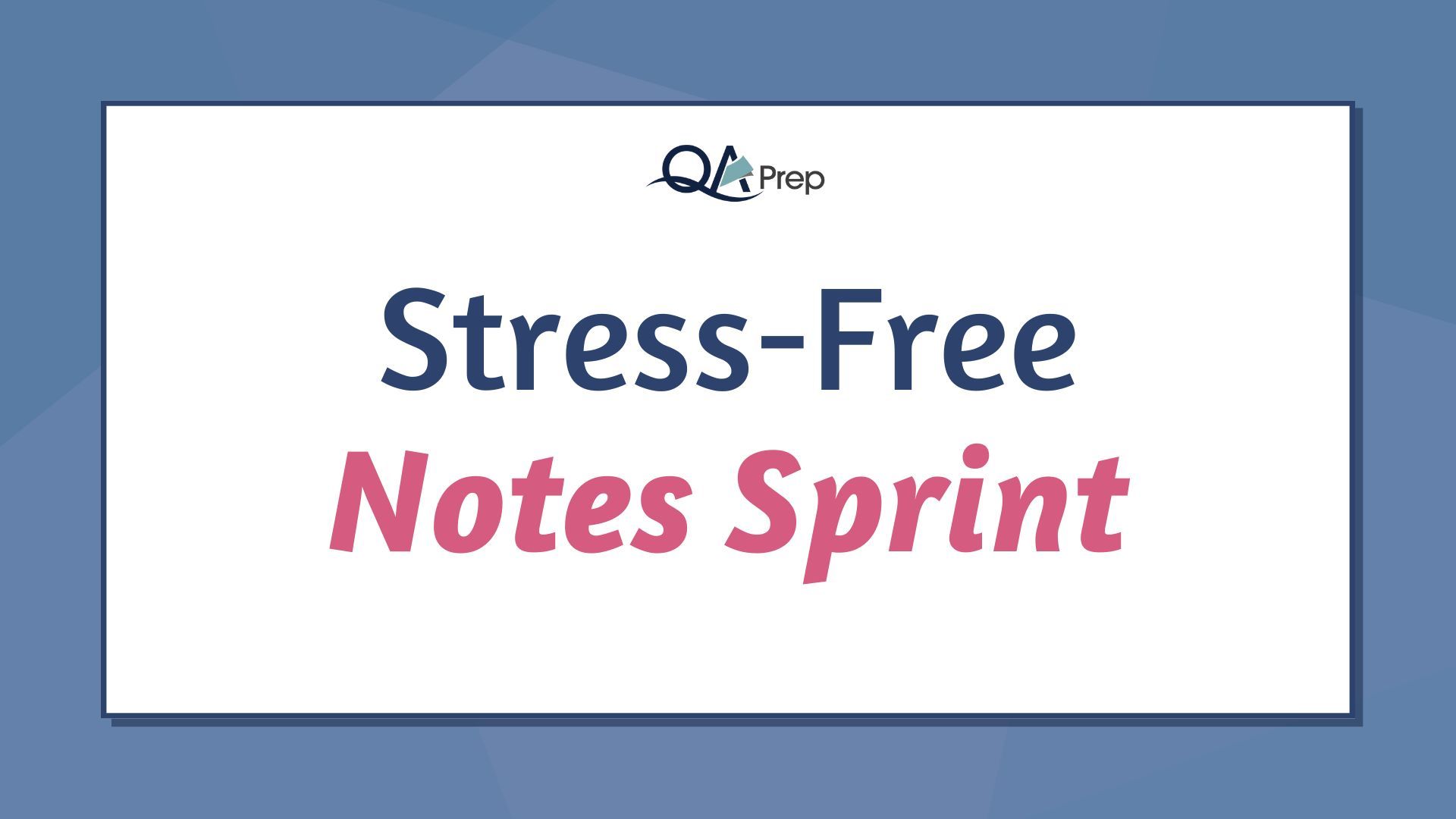How To Review Goals With Your Clients
Jan 24, 2016
Continuing with the "review" series we're talking about goals. And we can't talk about how to review goals without first talking about what they actually are to therapy.
Goals are crucial to therapy. Yep, that's bold and I said it. But it doesn't mean you have to create SMART goals or that your goals have to include a baseline or even be really insightful.
And you know why? Because they're the client's goals, not your goals.
Really let that sink in for a minute…
Most of the discussion around goals and treatment planning involves looking to requirements from insurance or an agency or what someone taught you "should" be done or is best practice.
True, you may need to consider some of those things if you contract with insurance or if you still work for an agency. But the concept is still the same, no matter what form the goals take. These are for the client.
When you put goals in that perspective it becomes much easier to review with your clients. It's just a natural conversation about therapy, what is working and where the client would like to be.
Starting the conversation around treatment goals for therapy
I recommend starting this conversation right away but if you've never had it, today is a great day to start! Simply ask your client about how they think therapy is working for them.
-
What has been successful or useful so far?
-
What hasn't been?
-
Is there anything different they'd like to see?
Then there is the big one (which hopefully you start out with from session one or two):
-
How will they know therapy was a "success" (or whatever other word you want to use)?
-
How will they know it's time to end treatment?
-
What would things look like, how would they and/or their situation be different?
Notice that while this is a somewhat directed conversation it is also very client-centered. This works easily with most modalities, couples, families, kids, etc.
But I know you're still wondering about the format, so I'll give it to you :)
Formats for treatment goals in therapy
You can choose whatever method works best. Perhaps you simply write down the client's quote. Or you have them write out a sentence. Maybe they draw it instead (yup, you could do that!).
Maybe you need something more formal for your job or insurance so translate that part into your required format... but don't lose out on the exceptional meaning that can be had from really involving your client in the goals process.
You can check out a sample treatment plan template inside the free Crash Course here.
If you like more structure you can use the SMART (Specific, Measurable, Attainable, Relevant and Timebound) format to create a specific goal. You could also use your own format.
I recommend you at least include the following in your treatment plan template:
-
Identifying the goal(s)
-
How you plan to help the client achieve the goal(s)
-
How the client plans to interact in therapy to achieve the goal(s)
-
Leave some space for success and highlights of progress.
BAM! You've just created a treatment plan!!
That’s a little bonus for you... and you thought we were only talking about goals ;)
Once you have established goals (or a treatment plan) then identify timeframes for checking in. Maybe it comes up naturally as a part of the discussion in therapy one day. Go for it! Review away.
How to check in on treatment goals for therapy
Oftentimes we get sidetracked or things morph as the therapeutic relationship develops. That's okay. That's what it's time to say "Hey, three months ago we identified this goal. What do you think about it now? Are we still moving in that direction or should we change course? Anything else we should be working on?"
Book a time in your calendar or set some sort of reminder to follow up and see that the goal(s) still applies, you're on track and nothing else needs to be added. Then adjust the treatment plan as needed, set the reminder for another timeframe and follow up again.
What's a good timeframe? Well, that depends on your client and the goal.
Generally speaking though, I recommend checking in at 3-6 months. It would be a shame to review a goal a year later and have your client feel like they really went off track for a whole year!
Your timeframe may be much shorter (1 month, etc.) depending on the type of goal but that's what is so great about therapy- it's truly individualized to each person. So do what works for your client.
Don't be afraid to take the lead on checking in and making sure you're both on the same page. And be open to whatever the conversation may bring. I seriously doubt it won't be a valuable conversation.

